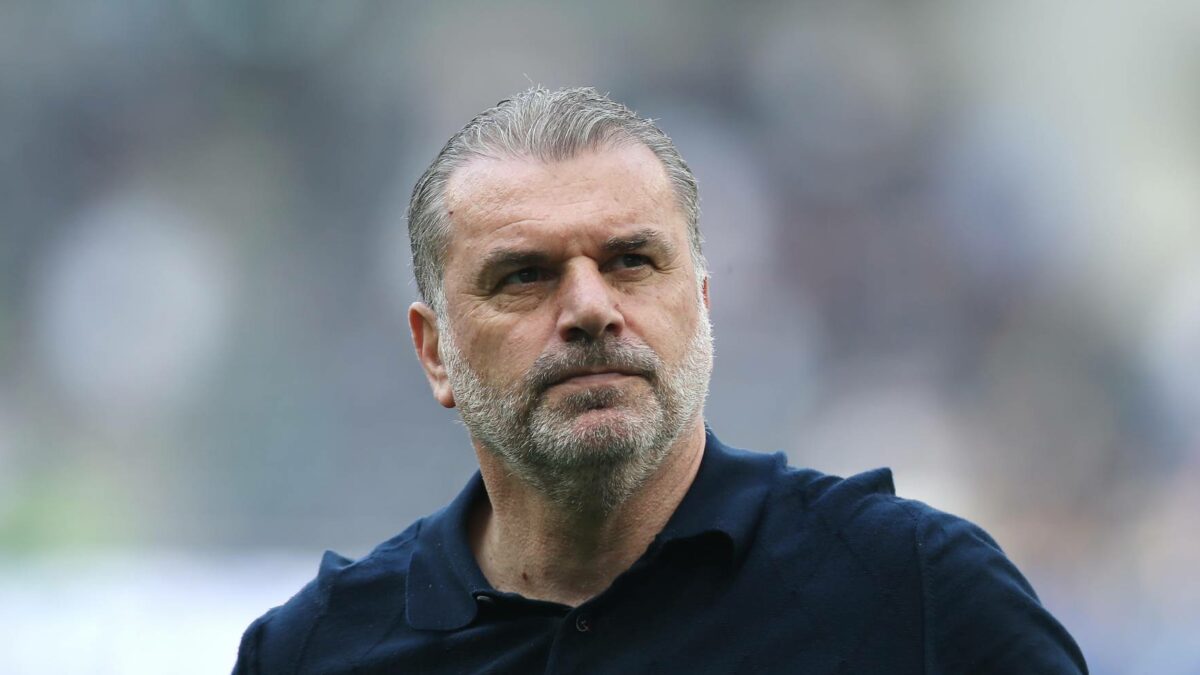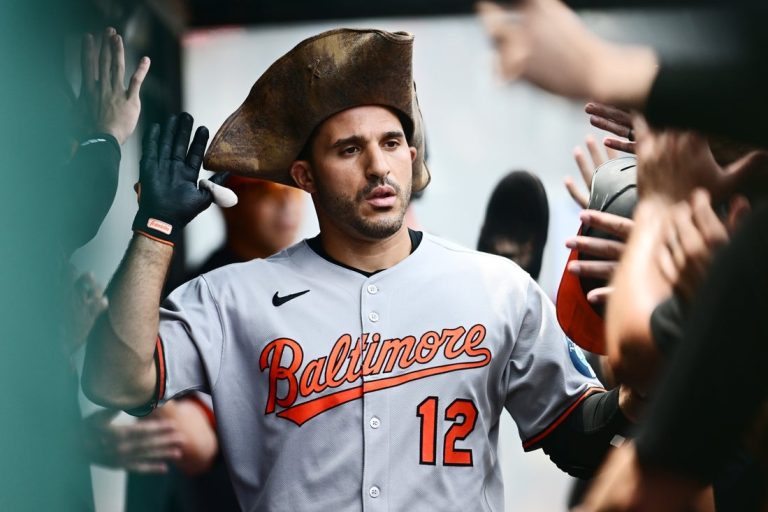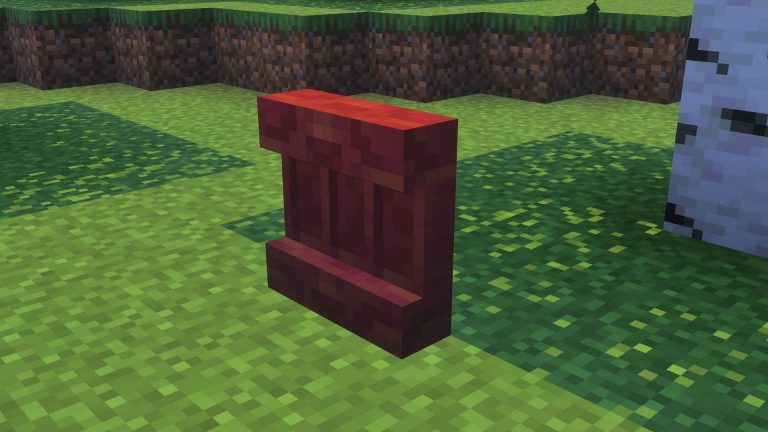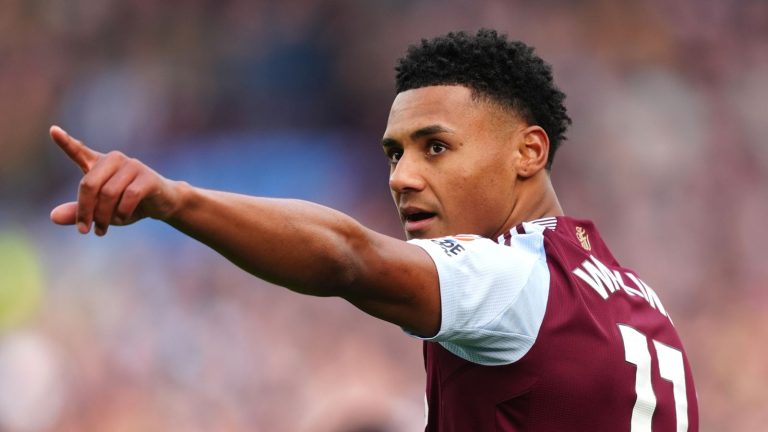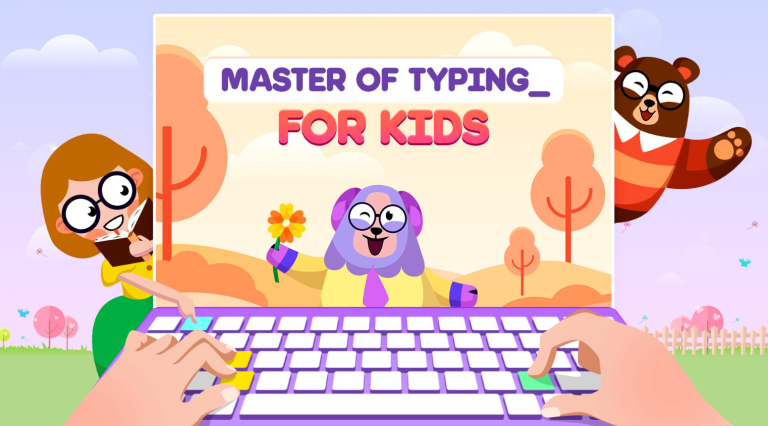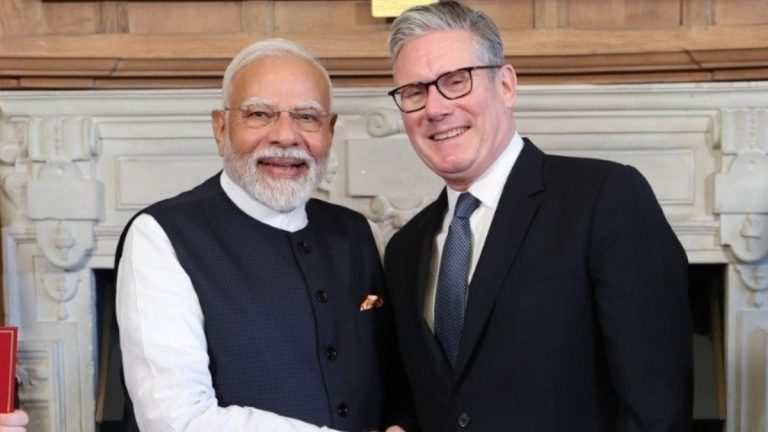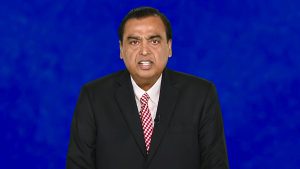The date 21 May 2025 will forever enter Australia’s football history when Ange Postecoglou became the first-ever Aussie to clinch a UEFA trophy, by guiding Tottenham to stun Manchester United 1-0 in the Europa League final in Bilbao.
This glory also means history is made, as for the first time ever, a manager from an AFC nation won a prestigious UEFA title, something that will surely become cherished for years to come.
Yet beneath Ange’s success lies an even bigger question: does this represent an answer for Australia’s current coaching pipeline crisis?
The answer is no.
Australia’s coaching crisis is far deeper than that. While some fans like to tout the success of Graham Arnold in the 2022 FIFA World Cup as an example of how Australian coaches could rival the world’s finest, the reality is complex.
Developing good managers is just as important as developing good players, and they are key pillars to create strong and sustainable national teams and footballing projects.
But Australia has only addressed one, the development of players.
Football Australia has admitted their grave mistakes in neglecting player development, and its decision to cooperate with FIFA Project to launch a nationwide academy program in late September 2024 was a sign that it had finally come to reality.
But developing players cannot be done without developing good managers, which is something Australia lags so far behind in.

(Photo by Owen Humphreys/PA Images via Getty Images)
It must be noted that Ange Postecoglou remains an extremely rare distinction of a successful Aussie manager, but this is made possible only because of his City Group connection.
His rise at Yokohama F. Marinos, a club owned by City Group, facilitated him to Celtic and finally Tottenham, and the rest is history.
Other Australian managers simply do not have that quality – nor connections – and thus, they’re not given such a similar opportunity.
Patrick Kisnorbo is currently in charge of Postecoglou’s old Yokohama club, but the team are languishing in the bottom place with only eight points.
Kevin Muscat, having won a double with Shanghai Port, is now struggling in the 2025 Chinese Super League season.
Arthur Papastamatis has a somewhat luckier experience with Cerezo Osaka, but the club are currently in the middle of the J.League season.
Even at the national team level, scepticism about Aussie coaches remains high. Peter Cklamovski is in charge of Malaysia, yet he remains the only Aussie in a Southeast Asian region increasingly dominated by Japanese and South Korean coaches.
Then, go old Arnie, who was appointed as the coach of Iraq only because their FA did not have any other option left.
The current Socceroos coach, Tony Popovic, has already had failed ventures in Greece and Turkey, which made his Socceroos appointment a point of constant criticism since. It said a lot about Australia’s coaching woes.
In comparison, for example, Spain has developed a proper pipeline of producing professional coaches, which emphasises proper man-management strategies, nurturing mental resilience, smart and flexible tactics, and advocacy for structured mentorship.
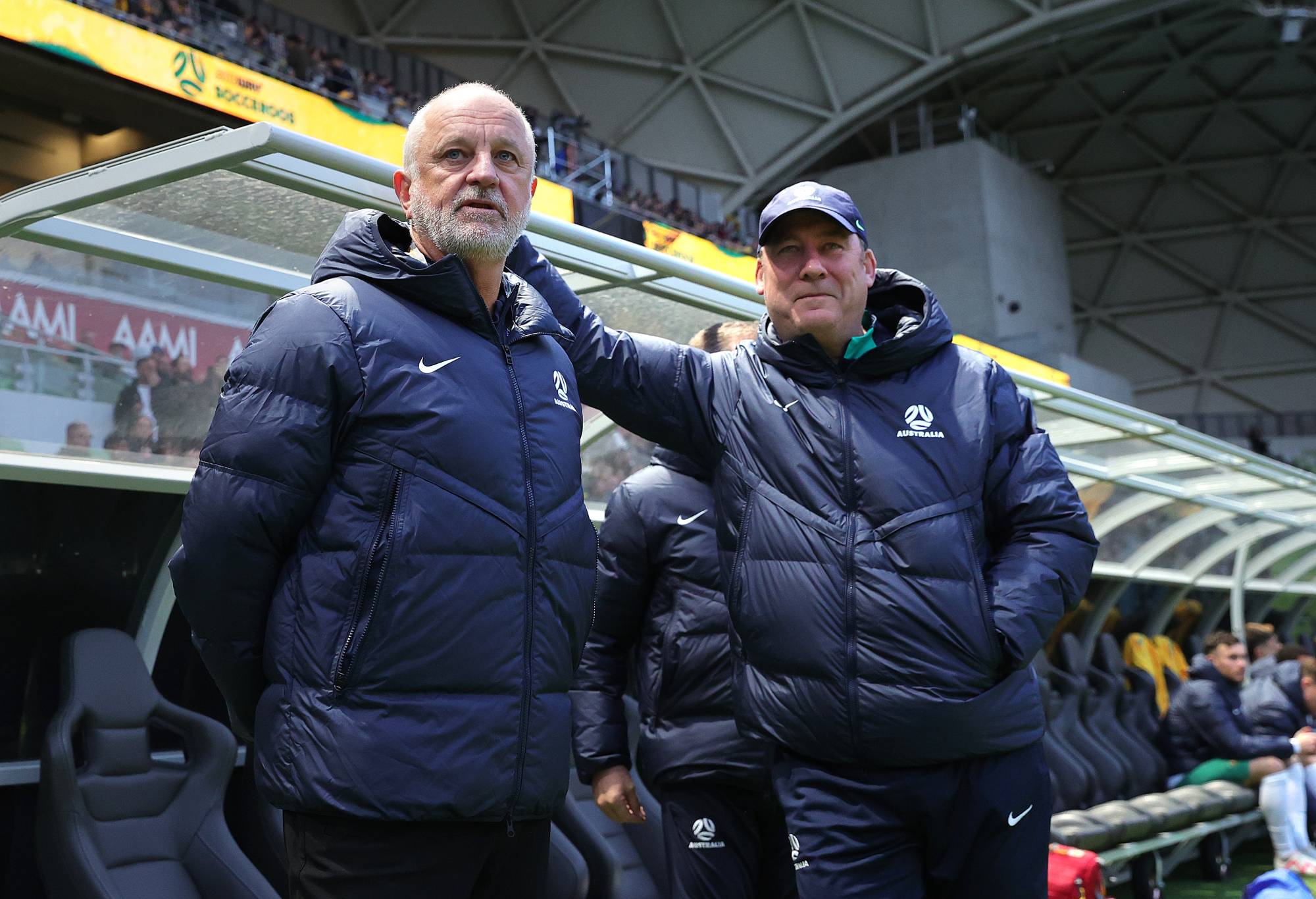
Former Socceroos head coach Graham Arnold and Assistant Coach, Rene Meulensteen. (Photo by Kelly Defina/Getty Images)
Many Spanish managers in modern days have earned a reputation as some of the best in the world, with names like Pep Guardiola, Xabi Alonso, and Luis de la Fuente. They all have impacts on the teams they have worked under.
This is possible because the Spanish system allowed them to do so.
Other nations have since copied the Spanish playbook, and the results in Italy, France, Germany, England, Argentina, Portugal, Brazil and Uruguay are showing similarly positive signs. Lionel Scaloni, for instance, is a product of this Spain-inspired system, with himself tutored by Luis de la Fuente when he enrolled in the latter’s classes.
Yet Australia have not even done anything similar to Spain, so even on this basis.
Just look at the ongoing 2026 WCQ third round, Australia had failed to snatch full six points from Bahrain (1D, 1L) and Indonesia (1W, 1D), and even unable to break down Saudi Arabia at home in a goalless draw – all were done under Australian Arnie and Popa – which should now be interpreted as huge errors.
There’s no doubt that Ange’s success may help elevate the status of Australian coaching prestige in football, but it’s at risk of becoming an isolated success.
While Australia sometimes produce decent managers, they’re overshadowed by a complete lack of proper perpetration from Football Australia.
This is why Australia have been so insipid in every WCQ post-2014, which local coaches have proven to be a source of worry rather than the solution.
Former USMNT coach, Bruce Arena, made a controversial comment: “You know if you look at every national team in the world, the coach is usually a domestic coach”. That caught a bit of criticism from pundits.
Yet Arena’s reckless comment is now embodying Australia’s extreme isolation and inability to think outside the box.
Unless the coaching pipeline is fixed, the cycle of hiring Australian managers may become a curse for the Socceroos rather than a relief.
Canada offers Australia a basic lesson of how to do it smartly with the hiring of American Jesse Marsch – and Australia needs an equivalent of it, not another Popovic or Arnold.
